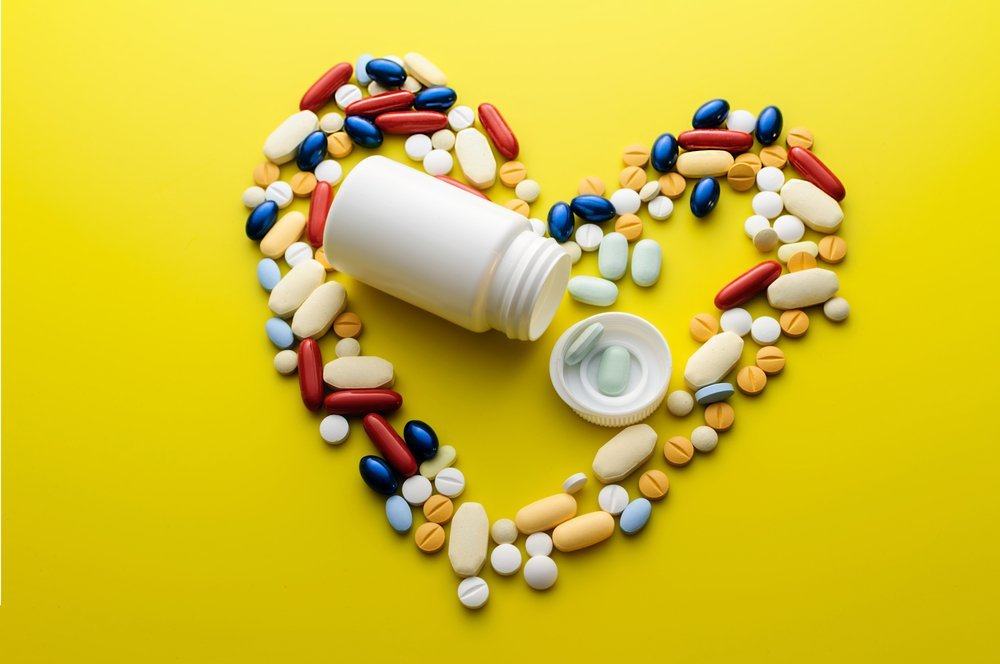Contents:
- Medical Video: Crohns Disease Module 6: Nutrition
- What vitamins are poorly absorbed if I have Crohn's disease?
- Where can I get this vitamin?
Medical Video: Crohns Disease Module 6: Nutrition
Crohn's disease is a chronic disease that affects the digestive tract by causing inflammation, irritation, or swelling. Crohn's disease can affect every part of the digestive tract, but often affects the small intestine and the beginning of the large intestine.
What vitamins are poorly absorbed if I have Crohn's disease?
Vitamin B12
If you have had surgery in the lower part of the small intestine, you may not absorb enough of this vitamin. The lower part of the small intestine is called terminal ileum. In this part of the intestine, vitamin B12 is absorbed. After a part of the intestine is removed, this can cause a deficiency of vitamin B12.
Vitamin B12 is produced and stored in the body. Lack of vitamin B12 can cause anemia because it helps create blood cells. Vitamin B12 also plays an important role in central nervous system function.
Vitamin D
Nearly 70 percent of people with Crohn's disease are considered to be deficient in vitamin D. Vitamin D is known as one of the most needed nutrients for healthy bones along with calcium. This helps your body absorb calcium for strong bones, but people with Crohn's disease often don't get enough of this vitamin. The recommended nutritional adequacy for vitamin D supplements is 800 I. Day.
Vitamins A, E, and K
This vitamin is a fat-soluble vitamin. People with Crohn's disease can have difficulty absorbing fat, causing a deficiency of this vitamin.
Vitamin A is needed for healthy skin and mucous membranes. It also helps the growth of bones and teeth and promotes the immune system. Vitamin E is an antioxidant that protects your cell wall. While vitamin K helps blood clots.
Where can I get this vitamin?
You can get this vitamin from food. A healthy and balanced eating menu must provide enough vitamins. However, with Crohn's disease, digestion and absorption of vitamins and minerals can decrease. You can get this vitamin from food sources such as:
- Vitamin B12: Meat, poultry, fish, seafood, eggs, milk and milk products; not found in plant foods.
- Vitamin A from animal sources (retinol): fortified milk, cheese, cream, butter, fortified margarine, eggs, liver
- Beta-carotene (Vitamin A converted from plant sources): leafy vegetables and dark green; dark orange fruits (apricots, melons) and vegetables (carrots, winter squash, sweet potatoes, pumpkins).
- Vitamin E: polyunsaturated plant oil (soybeans, corn, cotton, safflower); green leafy vegetables; wheat; wheat products; heart; egg yolk; nuts and seeds.
- Vitamin K: green vegetables and vegetables in the cabbage family; milk; also produced in the intestinal tract by bacteria.
You can also use supplements to supply the body with this vitamin. Depending on the severity and location of inflammation of Crohn's disease, each patient may need different needs.
If inflammation occurs in the low ileum, you need a vitamin B12 supplement. This supplement can be taken through syrup, injections or nasal sprays. Your doctor will take several tests to measure the amount of vitamin B12 in your blood to treat anemia if you have this condition.
For most people with chronic intestinal irritation (IBD), don't take too many multivitamins regularly. Indigestion from Crohn's disease is common. Fat-soluble vitamins such as vitamins D, A, E and K are better absorbed in liquid form than pill forms.
Most people with inflammatory bowel disease need to adjust their diet to replace loss of nutrition and hydration. You must contact a doctor or nutritionist to find out the best diet plan for your needs.
Hello Health Group does not provide medical advice, diagnosis or treatment.












